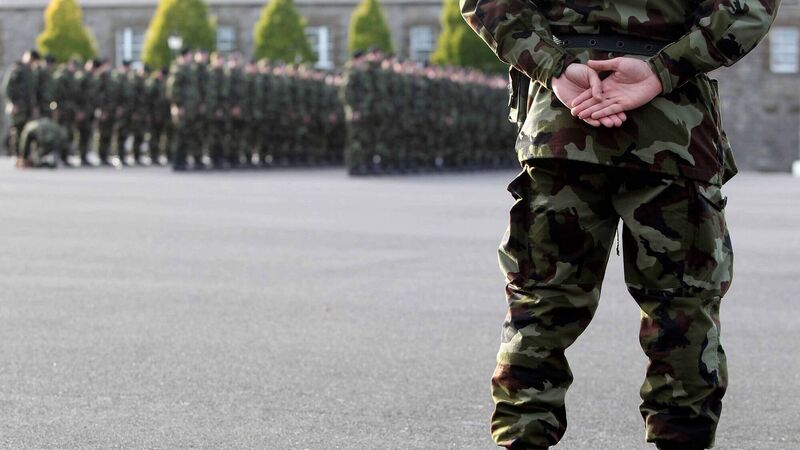Random drug testing in the Defence Forces: 108 positive cases over eight years

Over 100 members of the Defence Forces tested positive for illegal drug use over an eight-year period, with the majority dismissed from duty as a result. Picture: Sam Boal
Over 100 members of the Defence Forces tested positive for illegal drug use over an eight-year period, with the majority dismissed from duty as a result.
Following revelations of up to 12 Naval Service personnel testing positive in a swoop last Monday on the Haulbowline naval base in Cork, the has confirmed that 8,654 random drugs tests were carried out on Army, Naval Service and Air Corps personnel between 2013 and 2020.










